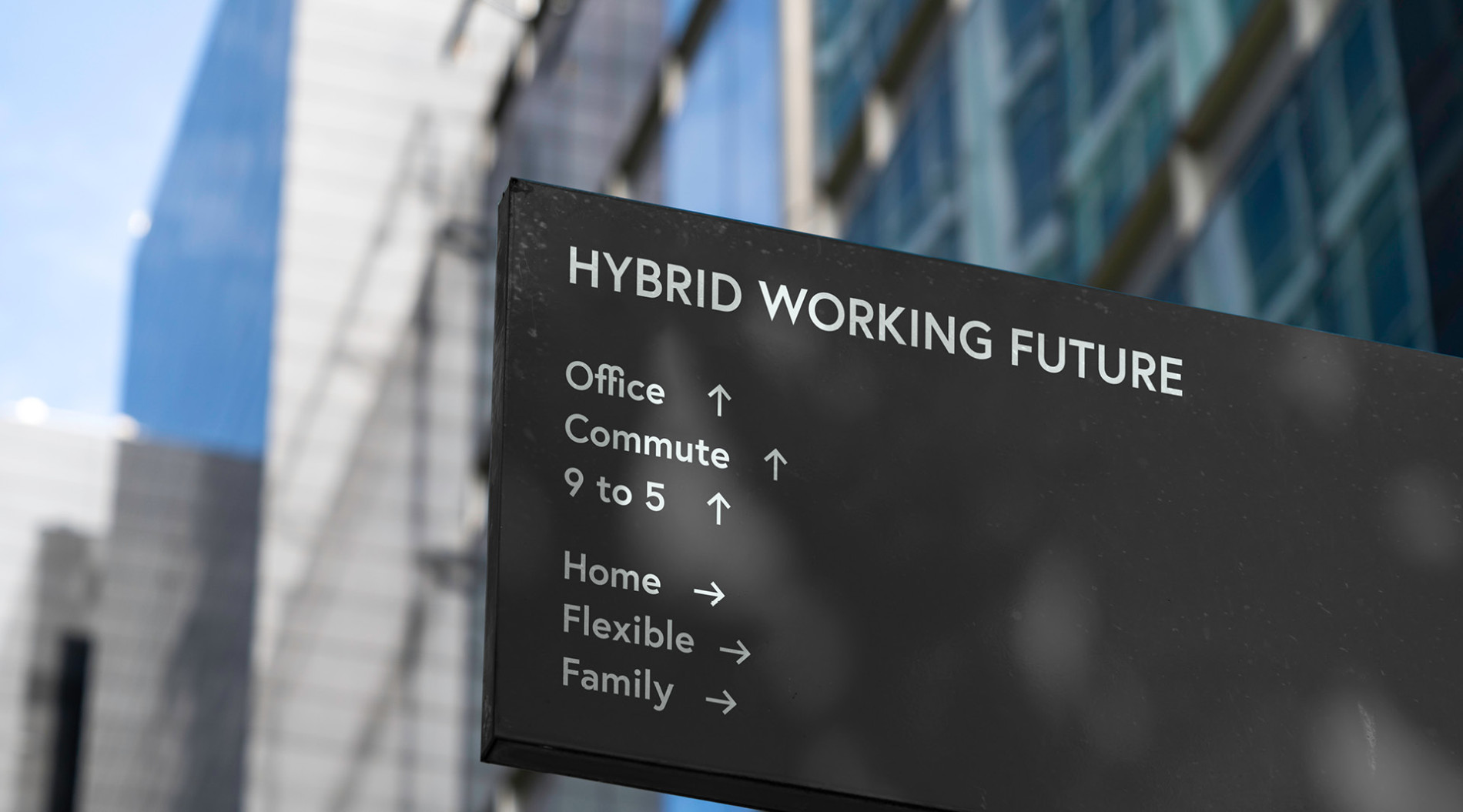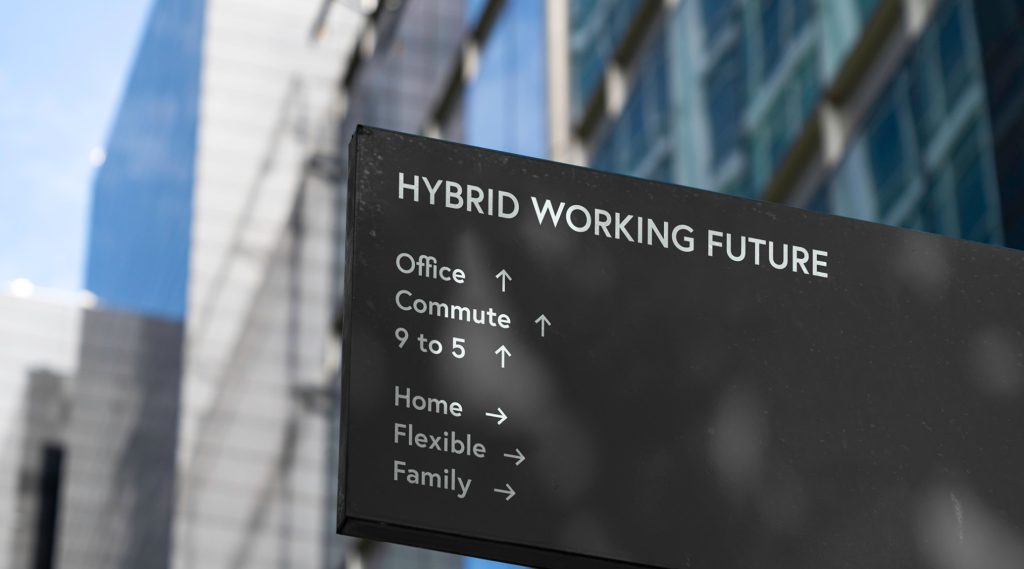Turbo-Charge your Career with Professional Networking
You might think you don’t need professional networking to get ahead in your career; the idea makes some people uncomfortable, as they think it means doing favours for others in the hope of something in return. But that’s not what networking is – it’s about building relationships with others in your industry or sector, exchanging ideas and know-how, and being kept in the loop about opportunities. Regardless of the field you work in or the stage of your career you’re at, networking can be a central part of your professional development.
Taking it offline
Events play a large part in offline networking. The nature and frequency of these events varies between sectors and organisations, but we encourage you to attend any conferences, workshops, meetups, or any other gatherings where professionals come together. You’ll meet new people with fresh perspectives, and you’ll learn about developments and trends in your industry – and share your own experiences.
We also recommend joining a professional association if one exists that applies to your role. These typically charge an annual membership fee (which your employer might be able to help you with), and in return you’ll gain access to educational events and other opportunities to connect with people in your industry.
If you’re feeling especially proactive, you can try reaching out directly to people who’ve impressed you. This is, naturally, easier within your organisation than outside it (and can lead to mentoring arrangements that open up more opportunities for networking) – but don’t be afraid to get in touch with others, even prominent people, if you have an interest in their work and admiration for their achievements. You might get the opportunity to discuss their work and gain unique insights.
Regardless of how you go about your offline networking, the key thing is to follow up. Whether you’ve been impressed by a presentation at a conference, met someone knowledgeable at an educational event, or had a coffee with a prospective mentor, make sure you send them an email or call them to thank them for their time and remind them of your conversation. This gives you a chance to address any questions that you forget to ask – and helps ensure you won’t be forgotten.
Expanding your online connections
Offline networking can deliver great results, but don’t forget about all the online resources out there. The most obvious one is LinkedIn, and it’s worth checking if there are any LinkedIn Groups relevant to your profession – they’re a great way to build connections with established professionals in your field. But don’t stop there.
Professional networking is in large part a social activity, so it should be no surprise that social media sites can be a great resource. On most social media sites, you’ll find some equivalent of LinkedIn Groups – whether it’s Facebook Groups, Slack Workspaces, or Subreddits on Reddit – full of people working in your field. These groups often come in regional/local forms alongside global groups, and both can be useful networking tools.
Groups on Twitter are less clearly defined, but you can get a similar result by following prominent people in your profession and taking part in the conversations they initiate. If you already have a presence on these social media sites and it’s not work-focused, we suggest you set up separate accounts for professional purposes (if the site allows multiple accounts).
Slack is worth a special mention because so many people are unaware of its usefulness beyond in-company communication. In fact, we’ve found some users are completely unaware that Open Workspaces exist on the platform. As the name suggests, these are accessible to anyone, and often cater to more closely defined niches than equivalents on other sites and services. They’re not always easy to find from within Slack, which is why third-party databases like Slofile have sprung up to catalogue them – we recommend using such a service alongside traditional search engines to find the groups most relevant to you.
Finally, be aware of how much time and effort you’re putting into your professional networking – it’s possible to have too much of a good thing. If you’re endlessly scrolling social media sites and leaving the workplace to attend events every day, your performance is likely to suffer. As is so often the case, moderation is the key.
If you’d like more advice on professional networking and the next steps in your career, don’t hesitate to get in touch











